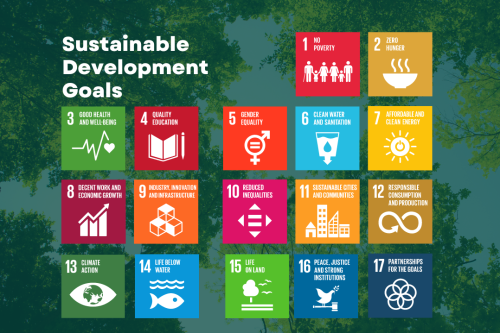
About the project:
The world is moving closer to becoming a truly digital society. At the global level, the quantity of data is expected to increase more than fivefold from 33 zettabytes in 2018 to 175 zettabytes in 2025, with 49 per cent stored in the public cloud, and the number of devices driven by the Internet of Things (IoT) will reach 10 times the world population (about 75 billion) in 2025. But at the same, the digital divide between and within developed and developing countries continues to widen, which is inhibiting developing countries, in particular African countries, Least Developed Countries (LDCs) and Small Island Developing States (SIDS) in their efforts to contribute to and benefit from integration into the global economy.
Governments are among the largest producers and consumers of data in many countries, and they also play a critical role in data regulation. Much of the operational activity in government is now data-driven, making it difficult, if not impossible, to function effectively without data. Many African and Asian countries lack the institutional capacity for to fully implement data management and data strategy, impeding them to fully reap the benefit of data governance.
This project seeks to address existing challenges and gaps in digital data management and cooperation, focusing on enhancing the institutional capacities of countries to utilize, manage and govern data in a comprehensive, objective and evidence-based manner, through regional and global cooperation. The project will build on the momentum of recent initiatives, including the Initiative on Partnership for Africa's Development. To this end, working closely with UN RCOs and UNCTs the project will support:
- African countries, LDCs and SIDS, to assess key data management and governance challenges and strengthen government officials’ and stakeholders’ knowledge of sound and secure data management;
- National and regional initiatives in fostering an open, fair and non-discriminatory business environment for digital data cooperation through mutual benefit, win-win outcomes and common development;
- Countries in developing national digital data policies and strategies for ensuring data quality, access, security, privacy and usage, and for promoting data security through consultation, collaboration and shared benefits;
- The advancement of digital data cooperation agreements through case studies and sharing of legislative information and toolkits.
Objective:
To build and develop capacities for developing national digital data policies and strategies, in ensuring data quality, data sharing and exchange, data security and privacy, as well as data infrastructure and usage. The Project will also serve as a discussion and consultation platform to seek stakeholders’ view and ideas to explore, digest and propose issues of national data governance priorities and policies.
Beneficiaries:
Direct beneficiaries include government officials from ministries and governmental institutions at the national and subnational levels. Indirect beneficiaries include citizens and communities at large.
 Welcome to the United Nations
Welcome to the United Nations